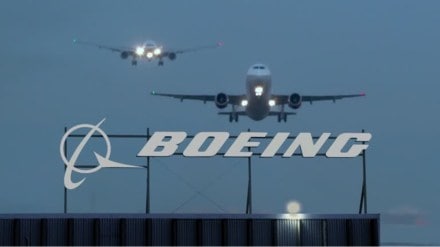In a move that raises eyebrows across aerospace and defence sectors, Boeing—an iconic name in American space exploration—is reportedly considering selling portions of its space operations. This rumoured divestment, potentially involving the troubled Starliner spacecraft and divisions supporting the International Space Station (ISS), sends a strong signal about Boeing’s shifting priorities. Despite its storied legacy as a NASA contractor, the aerospace giant’s chronic mismanagement and persistent challenges may finally be catching up.
The Starliner project, originally hailed as a key component of NASA’s Commercial Crew Program, has instead morphed into an emblem of Boeing’s failures. Frequent delays, technical snags, and ballooning cost overruns—surpassing $1.8 billion—have plagued the spacecraft’s development, undermining confidence in Boeing’s once-formidable engineering prowess. These issues have left NASA searching for alternative solutions and cast doubt on whether Boeing can be trusted with missions of such significance.
Moreover, selling off ISS-related divisions would represent a sharp break from Boeing’s long-standing role in the station’s infrastructure. The company once championed its role in building and maintaining the ISS’s modules, positioning itself as indispensable to the platform’s continued operation. But the potential divestment now suggests that Boeing may be retreating from space, shedding responsibilities that no longer align with its pursuit of profitability or operational efficiency.
This troubling development in Boeing’s space strategy follows broader struggles within its civil aviation arm, now wracked by strikes and supply chain disruptions. Just this month, a strike involving 33,000 workers has halted production on several models, including the beleaguered 737 MAX—a model still struggling to recover from its safety controversies. New CEO Kelly Ortberg’s silence on Boeing’s space ambitions only fuels speculation that the company is preparing for a hasty exit from a sector it once dominated.
With Boeing refusing to address the rumours surrounding a potential sale, stakeholders are left questioning the company’s commitment to a sector that represents not just financial value but American innovation. The US government, especially NASA, could be left holding the bag for Boeing’s decisions, scrambling to fill a void if the company withdraws its critical support to the ISS and, by extension, international space collaboration.
As competitors in the private sector—most notably SpaceX—continue to capture market share through agile, cost-effective approaches, Boeing’s legacy as a reliable aerospace partner hangs in the balance.
